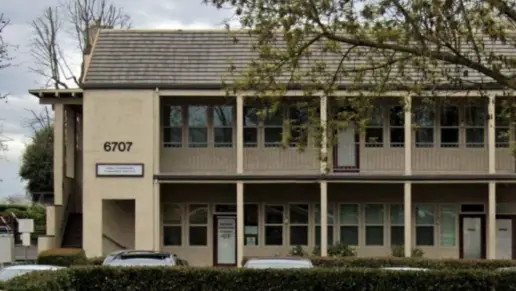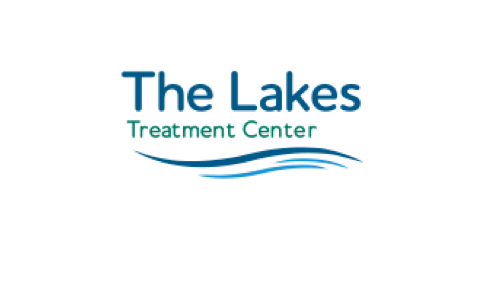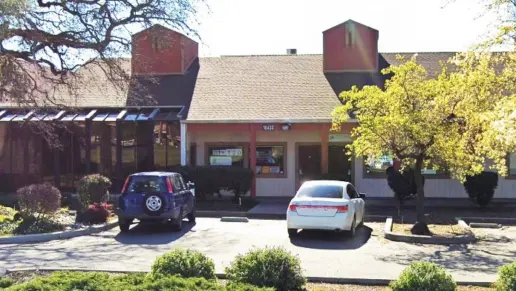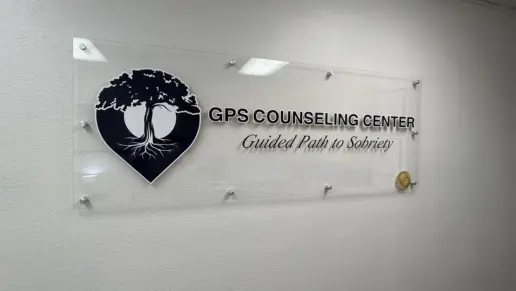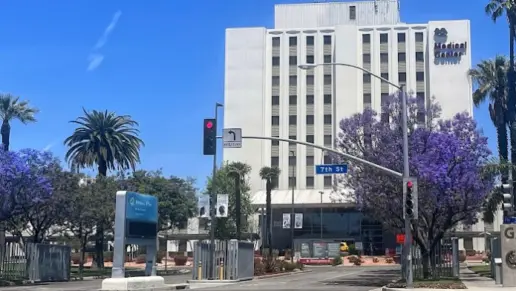About OHS – Occupational Health Services – DUI Program
OHS – Occupational Health Services – DUI Program was available in Concord, California. Concord is in the San Francisco Bay Area and home to several family friendly attractions, cultural events, and a growing business community. This facility is now closed.
Driving Under the Influence Court Programs
They provided an evaluation of your use and risk, as well as driving under the influence program for DUI offenders. The DUI program had been state licensed since 1978 and was designed to help you navigate the DUI court system while successfully satisfying the requirements to regain your driving privileges.
DUI classes and services were offered Monday through Saturday during the day and evening hours to accommodate your schedule. You could choose between coed and gender specific groups during your enrollment. Their enrollment specialists helped you schedule admission into the program and provided you with the tools you needed to navigate the system.
The mental health professional staff worked with you to provide high quality services in both English and Spanish. Once you completed the program, they submitted proof of enrollment and reinstatement forms to the court system as well as completion forms so that you received fast, accurate, and confidential reporting. This helped streamline your program and compliance with court mandated education.
Multiple DUI Programs for First and Multiple Offenders
Their offices were located near public transportation lines to accommodate you when you lost your license and may not have a friend or relative who could drive you to class. Their educational process not only helped you get your license back but also addressed the underlying lifestyle choices that led to your license loss in the first place.
The DUI programs were separated for first offenders and multiple offenders. They had a 3-month first offender program and a 30-month multiple offender program with multiple other programs in varying lengths between. Your primary goal was to stop drinking and driving and to satisfy the court order and DMV requirements.
You could expect an orientation, individual assessment, education sessions, and counseling. You were also provided additional educational resources. They accepted major credit cards and could develop a payment plan if you qualified.
Latest Reviews
Rehab Score
Accepted Insurance
Other Forms of Payment
Self-pay involves paying for treatment out of your own pocket. You can use savings or credit, get a personal loan, or receive help from family and friends to fund your treatment. If you don't have insurance or your insurance plan doesn't cover a specific program, self-pay can help ensure you still get the care you need.
Financial aid can take many forms. Centers may have grants or scholarships available to clients who meet eligibility requirements. Programs that receive SAMHSA grants may have financial aid available for those who need treatment as well. Grants and scholarships can help you pai for treatment without having to repay.
Private insurance refers to any kind of healthcare coverage that isn't from the state or federal government. This includes individual and family plans offered by an employer or purchased from the Insurance Marketplace. Every plan will have different requirements and out of pocket costs so be sure to get the full details before you start treatment.
Addiction Treatments
Levels of Care
 Outpatient
Outpatient
 12-Step
12-Step
 Aftercare Support
Aftercare Support
Treatments
The goal of treatment for alcoholism is abstinence. Those with poor social support, poor motivation, or psychiatric disorders tend to relapse within a few years of treatment. For these people, success is measured by longer periods of abstinence, reduced use of alcohol, better health, and improved social functioning. Recovery and Maintenance are usually based on 12 step programs and AA meetings.
Drug rehab in California teaches participants constructive ways to stay clean and sober. Treatment revolves around helping individuals stop using the substance they are addicted to and learn healthy habits to avoid relapse.
A combined mental health and substance abuse rehab has the staff and resources available to handle individuals with both mental health and substance abuse issues. It can be challenging to determine where a specific symptom stems from (a mental health issue or an issue related to substance abuse), so mental health and substance abuse professionals are helpful in detangling symptoms and keeping treatment on track.
Opioid rehabs specialize in supporting those recovering from opioid addiction. They treat those suffering from addiction to illegal opioids like heroin, as well as prescription drugs like oxycodone. These centers typically combine both physical as well as mental and emotional support to help stop addiction. Physical support often includes medical detox and subsequent medical support (including medication), and mental support includes in-depth therapy to address the underlying causes of addiction.
In California, substance abuse treatment programs can help individuals with any type of substance use disorders and co-occurring conditions. These rehab programs typically encompass various levels of care, including medically assisted detox, intensive outpatient, outpatient, residential rehab, and partial hospitalization. You can expect clinicians to utilize evidence-based therapies like cognitive behavioral therapy (CBT), dialectical behavioral therapy (DBT), and mindfulness to help you achieve and sustain your recovery. The rehab's clinical team can provide a comprehensive assessment to determine the appropriate level of care and medical support you may need.
Programs

Adult Program

Military Program

Young Adult Program
Clinical Services
Cognitive Behavioral Therapy (CBT) is a therapy modality that focuses on the relationship between one's thoughts, feelings, and behaviors. It is used to establish and allow for healthy responses to thoughts and feelings (instead of unhealthy responses, like using drugs or alcohol). CBT has been proven effective for recovering addicts of all kinds, and is used to strengthen a patient's own self-awareness and ability to self-regulate. CBT allows individuals to monitor their own emotional state, become more adept at communicating with others, and manage stress without needing to engage in substance abuse.
Group therapy is any therapeutic work that happens in a group (not one-on-one). There are a number of different group therapy modalities, including support groups, experiential therapy, psycho-education, and more. Group therapy involves treatment as well as processing interaction between group members.
In individual therapy, a patient meets one-on-one with a trained psychologist or counselor. Therapy is a pivotal part of effective substance abuse treatment, as it often covers root causes of addiction, including challenges faced by the patient in their social, family, and work/school life.
Motivational Interviewing (MI) is a clinical approach to helping people with substance abuse issues and other conditions shift behavior in positive ways. It is more goal-oriented than traditional psychotherapy, as MI counselors directly attempt to get clients to consider making behavioral change (rather than wait for them to come to conclusions themselves). Its primary purpose is to resolve ambivalence and help clients become able to make healthy choices freely.
Amenities
-
Private Setting
-
Mountain Views
Accreditations

State Licenses are permits issued by government agencies that allow rehab organizations to conduct business legally within a certain geographical area. Typically, the kind of program a rehab facility offers, along with its physical location, determines which licenses are required to operate legally.
State License: California






